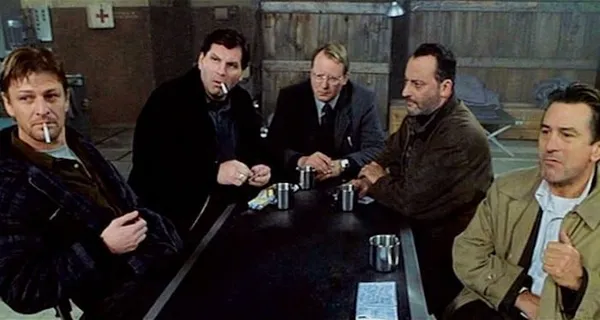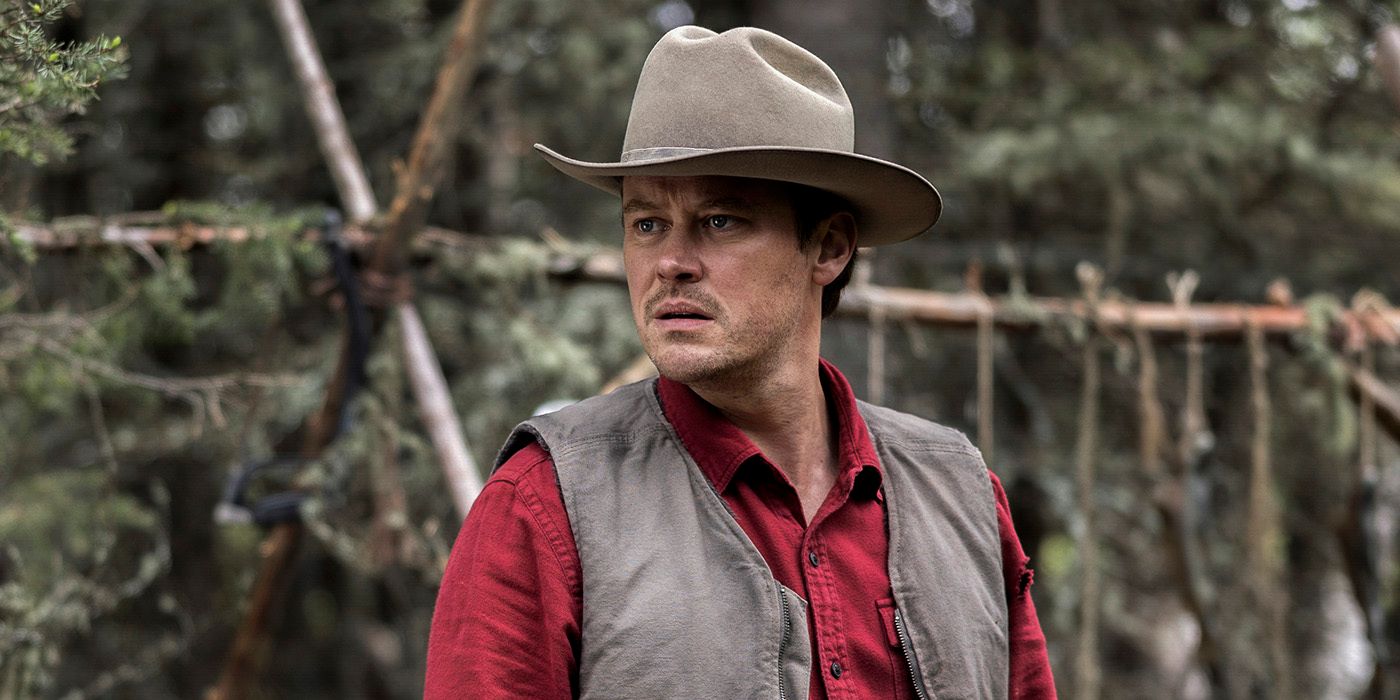Ronin (1998) – Loyalty, Deception, and One of the Great Action Thrillers of Its Era
Ronin (1998), directed by the legendary John Frankenheimer, is a smart, taut, and muscular action thriller that blends Cold War shadows with modern espionage. With its international setting, complex characters, and some of the most iconic car chases ever filmed, Ronin stands as one of the most sophisticated action films of the late 1990s — a cerebral yet hard-hitting tale of mercenaries, betrayal, and shifting allegiances.

Set in a post-Cold War Europe still crawling with former spies, rogue operatives, and shifting loyalties, the film follows Sam (played by Robert De Niro), a former CIA agent turned freelance operative. Hired by a mysterious Irish woman named Deirdre (Natascha McElhone), Sam joins a team of skilled professionals tasked with intercepting a briefcase — its contents unknown, but clearly important enough to kill for.

The team includes characters from various intelligence backgrounds, each with their own agenda: Vincent (Jean Reno), a pragmatic Frenchman and Sam’s closest ally; Gregor (Stellan Skarsgård), a calculating ex-KGB tech expert; and Spence (Sean Bean), a volatile Brit whose competence is soon questioned. What begins as a straightforward mission quickly devolves into a deadly game of double-crosses, betrayals, and moral ambiguity, as allegiances shift and the line between friend and enemy disappears.

What elevates Ronin above typical genre fare is its grounded realism. Frankenheimer, a master of old-school filmmaking, avoids CGI and flash, favoring practical effects, tight camera work, and meticulously choreographed action. The film’s car chases, particularly through the narrow streets of Nice and the tunnels of Paris, are legendary — intense, raw, and filmed at high speed with real vehicles and minimal trickery. They’re not just thrilling, but nerve-wracking in their realism.

De Niro delivers a performance of cool intelligence and understated charisma. His Sam is a professional — sharp, calm, and always asking the right questions. Jean Reno offers a perfect counterbalance as the steady and thoughtful Vincent, while the rest of the ensemble rounds out a cast where everyone feels essential.
Visually, the film is moody and atmospheric — all gray skies, dimly lit alleys, and echoes of Cold War tension. Elia Cmiral’s score adds to the tension with its sharp, pulsating cues.
Ronin is ultimately a film about principles in a world where everyone is for sale. It asks: in a life built on deception, what do you truly stand for?


-1751942364-q80.webp)
